Prime Minister Narendra Modi’s penchant for using social media to address the public directly has apparently caused a rift with India’s mainstream press. Mahima Kaul reports
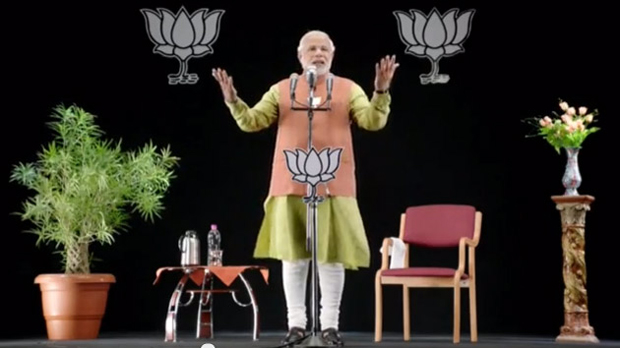

Prime Minister Narendra Modi’s penchant for using social media to address the public directly has apparently caused a rift with India’s mainstream press. Mahima Kaul reports
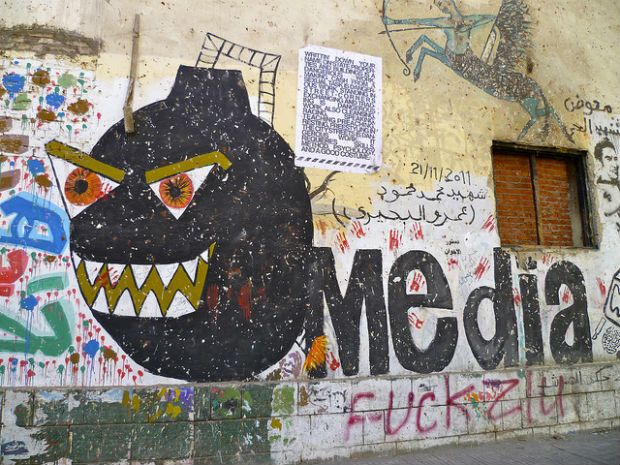
Graffiti played a big part in Egypt’s 2011 revolution. Today the artists face threats of violence, and the potential of jail time and fines under a proposed draft law. Shahira Amin reports
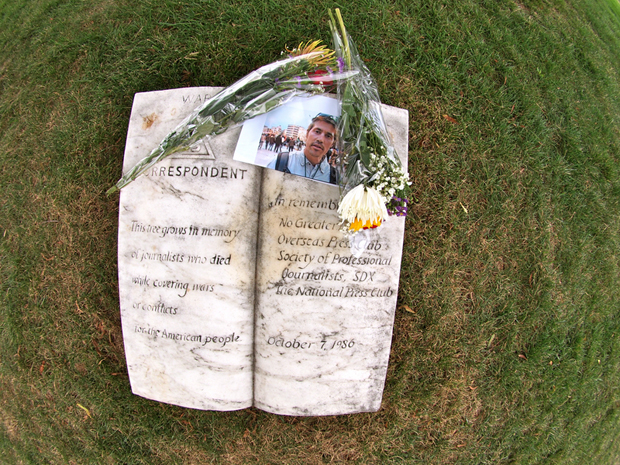
There is a difference between individuals exercising their right not to view or share a video, and companies such as Twitter — or indeed the police force — denying people the right to view it, writes Index CEO Jodie Ginsberg
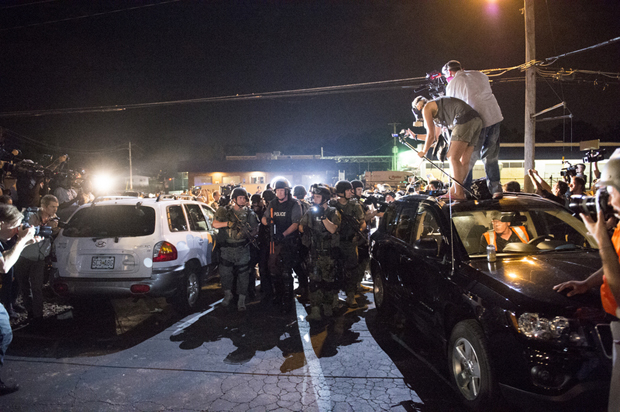
With smartphones, cheap recording equipment, and free access to social media and blogging platforms, journalism has fallen into the hands of the many. This is a good thing. But one question does arise: if we are all journalists now, what happens to the privileges journalists used to claim?
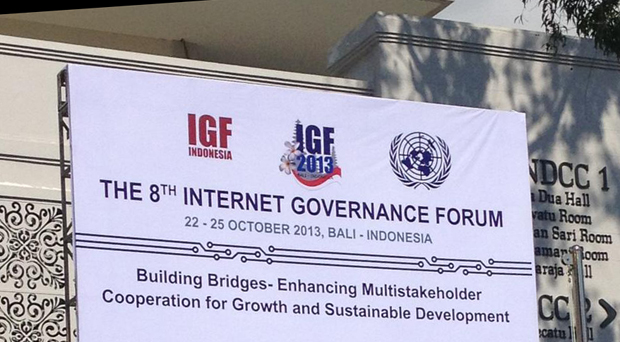
Yaman Akdeniz and Kerem Altiparmak, two renowned Turkish internet rights advocates, are boycotting the internet governance conference which this year takes place in Istanbul
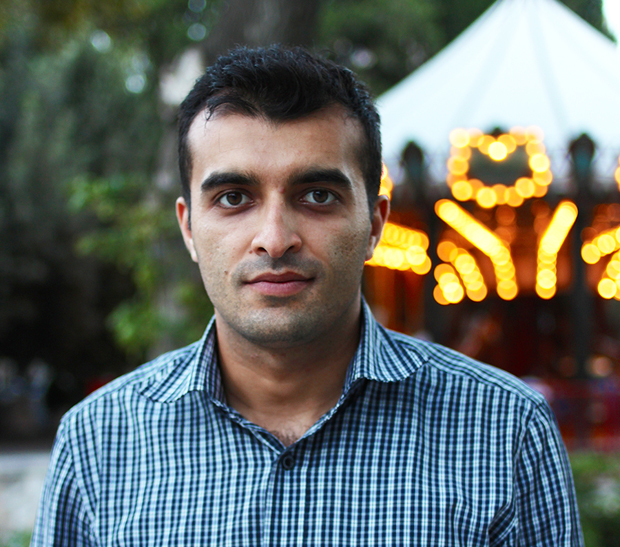
The renowned Azerbaijani dissident, held at a pre-trial detention centre in the capital Baku, has written an appeal to the international community
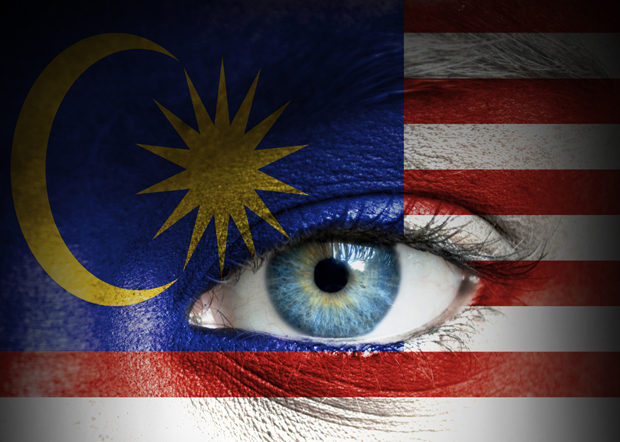
An appeal for Catholic newspaper The Herald to be allowed to print the word Allah in its Malaysian edition has been turned down. Tom Francis writes
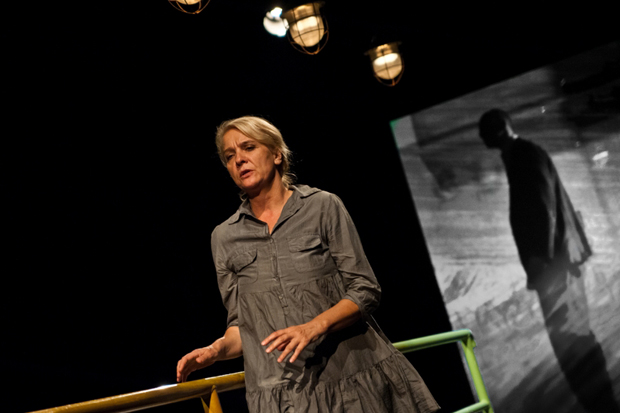
Ewa Wojciak and The Theatre of the Eighth Day speak out against injustices. It’s deplorable that they should be repressed by the authorities of their city, writes Index contributor Tomasz Kitlinski
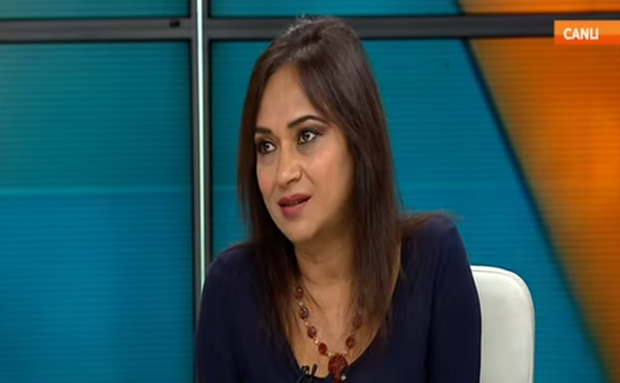
Index speaks to Amberin Zaman, the critical Turkish journalist who was recently told to “know [her] place” in a public tirade by president-elect Erdogan

Football banter (or, in modern usage, “bants” or even “#bantz”), can range from the strange to the self-deprecating to the plain awful, but it will always need its edge.